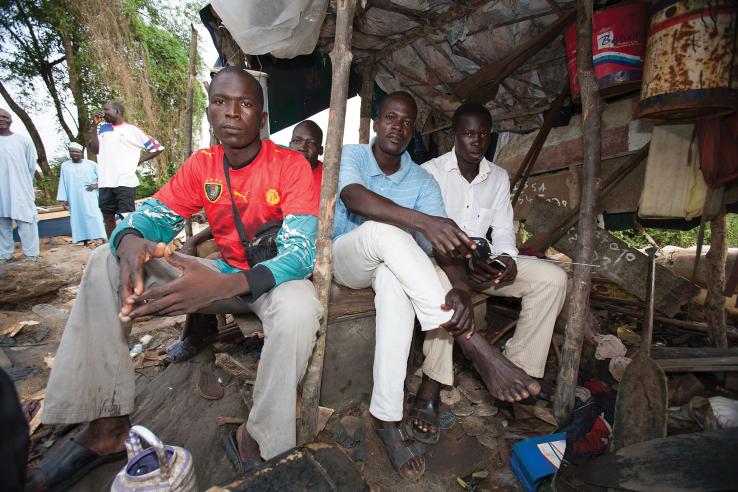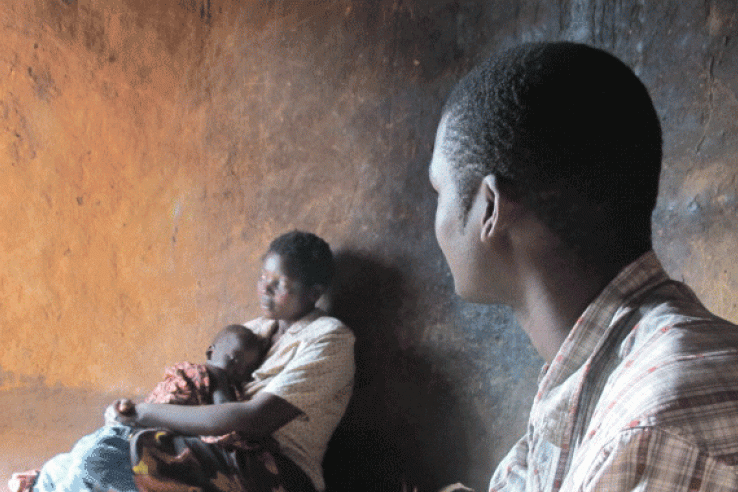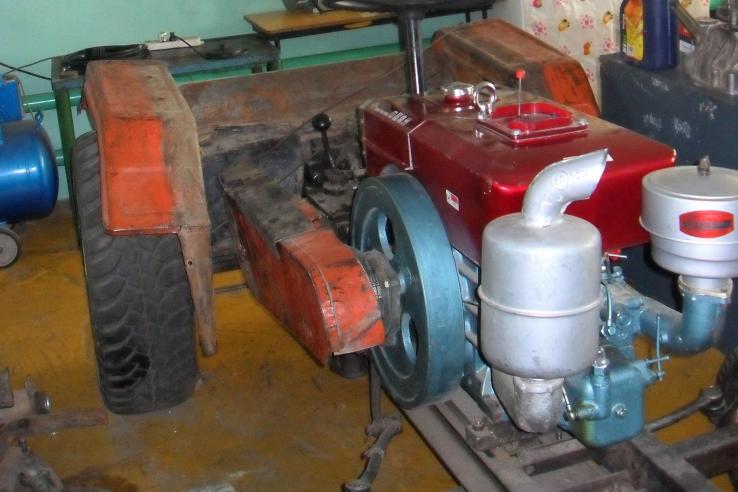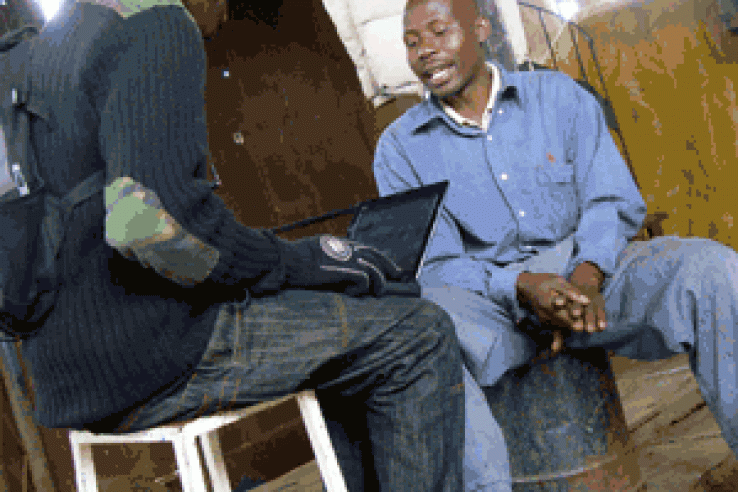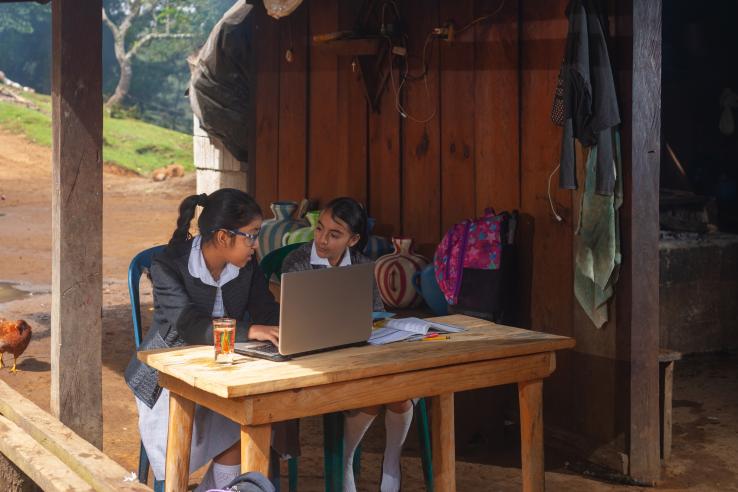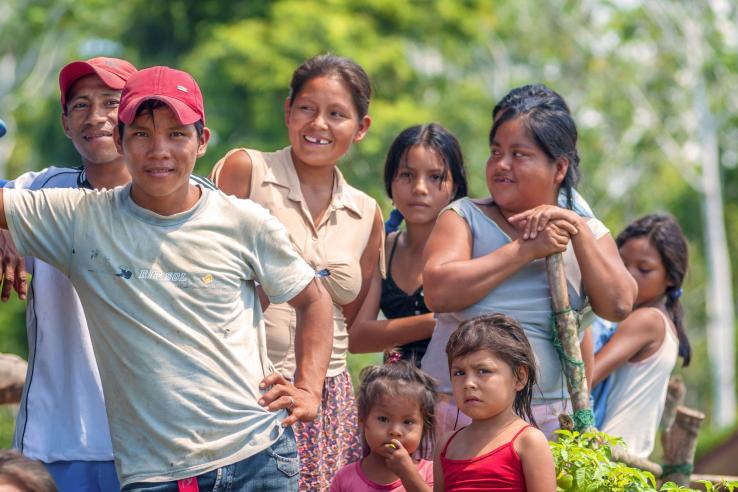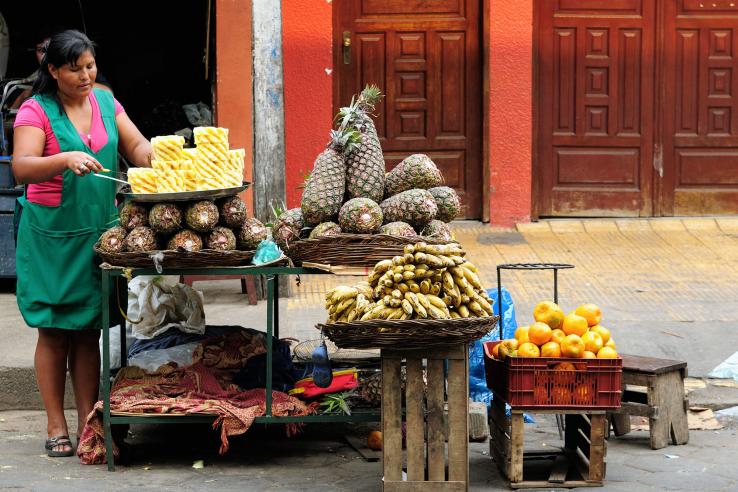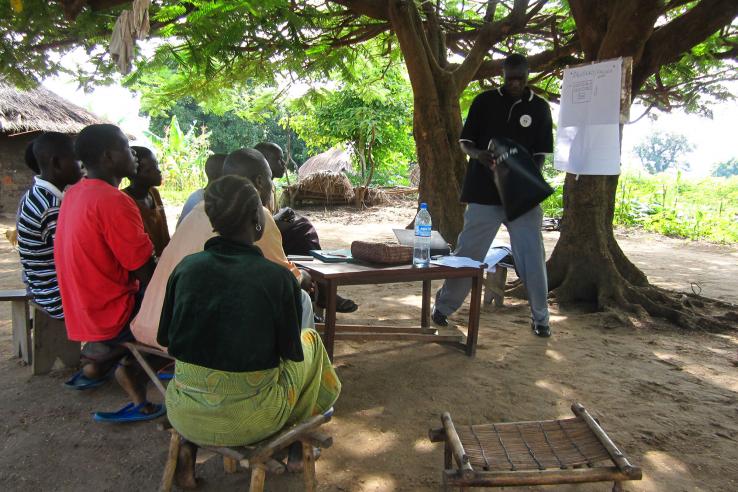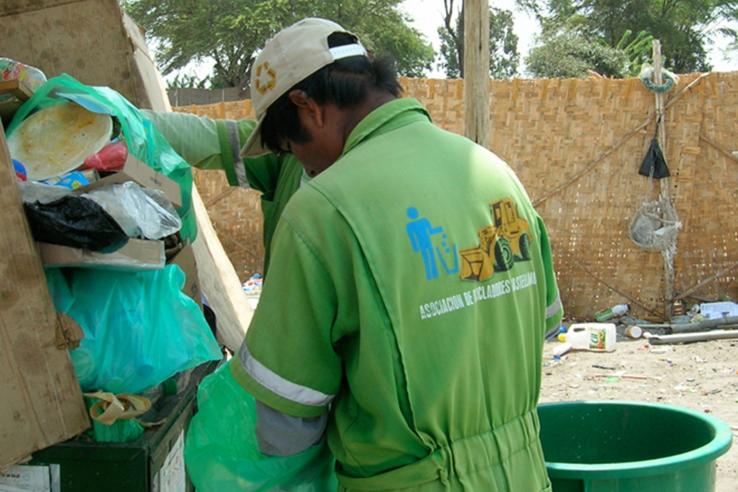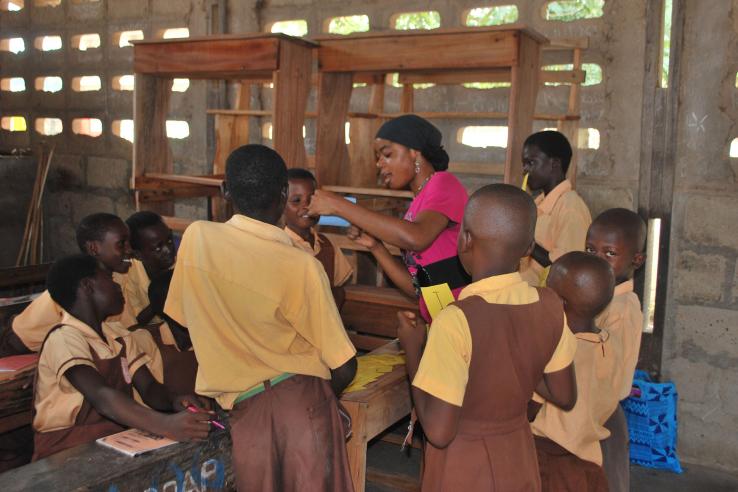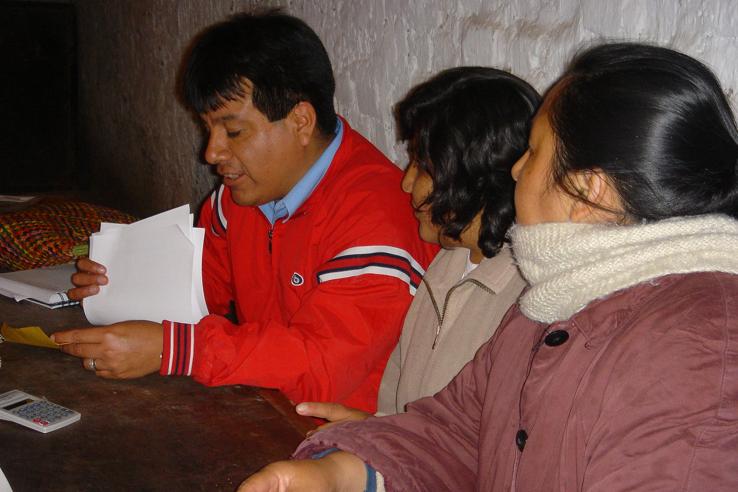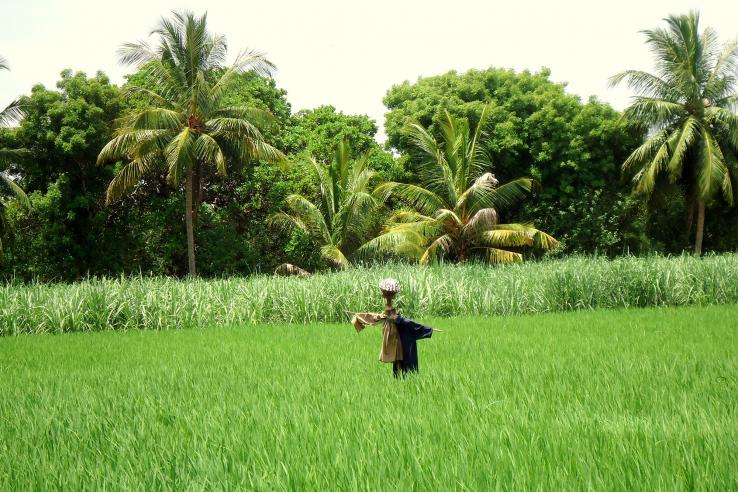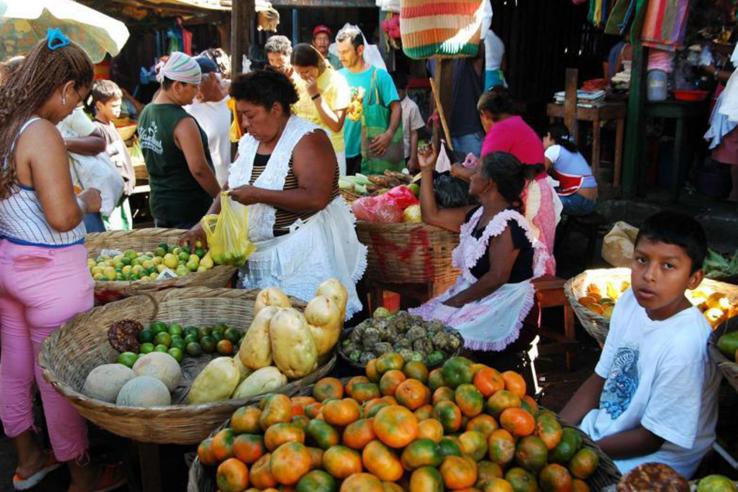Displaying 2746 - 2760 of 8317
Evaluation
An evaluation of a voucher program in urban Malawi found that providing information and reducing the price of circumcision only slightly increased take-up.
Evaluation
Researchers evaluated an information campaign in rural Malawi to examine the impact of providing information about voluntary medical male circumcision and HIV transmission risk on beliefs and sexual behavior. The program reduced risky sexual behavior among uncircumcised men, but did not increase take-up of circumcision.
Evaluation
Researchers evaluated the impact of a residential energy efficiency program on energy savings and carbon emissions in the United States. They found that energy savings equaled only about half of the upfront cost of the program, which were far less than projected.
Evaluation
Researchers evaluated the impact of admission to one of Mongolia’s formal vocational training programs on students’ educational attainment, employment, and earnings. Admission led to higher educational attainment and employment for applicants, especially for women, and increased earnings for women.
Evaluation
In Colombia, researchers evaluated the impact of an online sexual health course implemented in public middle schools on adolescents’ sexual health knowledge, behavior, and attitudes towards sexual health. The study showed that the online course led to improved sexual health knowledge and attitudes, and increased the likelihood that students redeemed vouchers for condoms, an important precautionary behavior.
Evaluation
In Peru, researchers attempted to evaluate the impact of a technology-based financial literacy program on microcredit clients’ financial behavior. Low implementation levels led to a discontinuation of the evaluation.
Evaluation
Centering on one native Amazonian society (Tsimane’) and partnering with a Bolivian non- profit, researchers evaluated the impact of providing Tsimane’ households with lockboxes on their savings activity, consumption, and well-being. Providing lockboxes increased household financial assets but had no impact on total household expenditure; receiving lockboxes also increased alcohol consumption and blood pressure.
Evaluation
In Uganda, researchers evaluated whether offering financial education or group savings accounts to church-based youth groups increased savings. One year after the intervention ended, they found that total savings and income had increased among youth who were offered financial education, group savings accounts, or both education and group accounts.
Evaluation
Researchers examined the effect of a series of informational messages on participation in a recycling program in Peru. The messages sought to elicit pressures such as social norms, peer comparison, conformity, authority, and the environmental or social benefits to increased participation. They found that none of the messages had any effect on recycling. A parallel intervention, the provision of free plastic recycling bins, proved to be much more effective.
Evaluation
In southern and eastern Ghana, researchers evaluated two youth financial literacy programs to test their impact on savings, labor, academic performance, and financial decision-making. One program integrated financial and social education, while the second only offered financial education. Both programs had a positive impact on savings at school, but no impact on overall savings. Some evidence suggests that the program without the social education component also led children to work more.
Evaluation
Researchers examined whether small incentives and short-term goals could encourage Colombian loan officers to stop procrastinating. Under the new incentive structure, loan officers spread their work more evenly throughout each month, and they met a much greater percentage of their monthly targets.
Evaluation
Researchers evaluated the expansion of a rural financial services provider in Tamil Nadu, India in order to understand how access to financial services, information, and exposure to risk affect technology adoption and well-being among farming households.
Evaluation
In Nicaragua, researchers examined the impact of interacting with motivated community leaders on aspirations, household investment, and long-term living standards. They found that social interactions with these motivated community leaders increased households’ investments in education, nutrition, and income-generating activities, and improved households’ attitudes towards the future.
Evaluation
In Nicaragua, researchers examined the impact of a national conditional cash transfer (CCT) program on early childhood health and development. They found that the program caused substantial and lasting improvements in child health and development outcomes. However, it seems that program components other than, or in addition to, the cash transfers appear to drive these effects.
